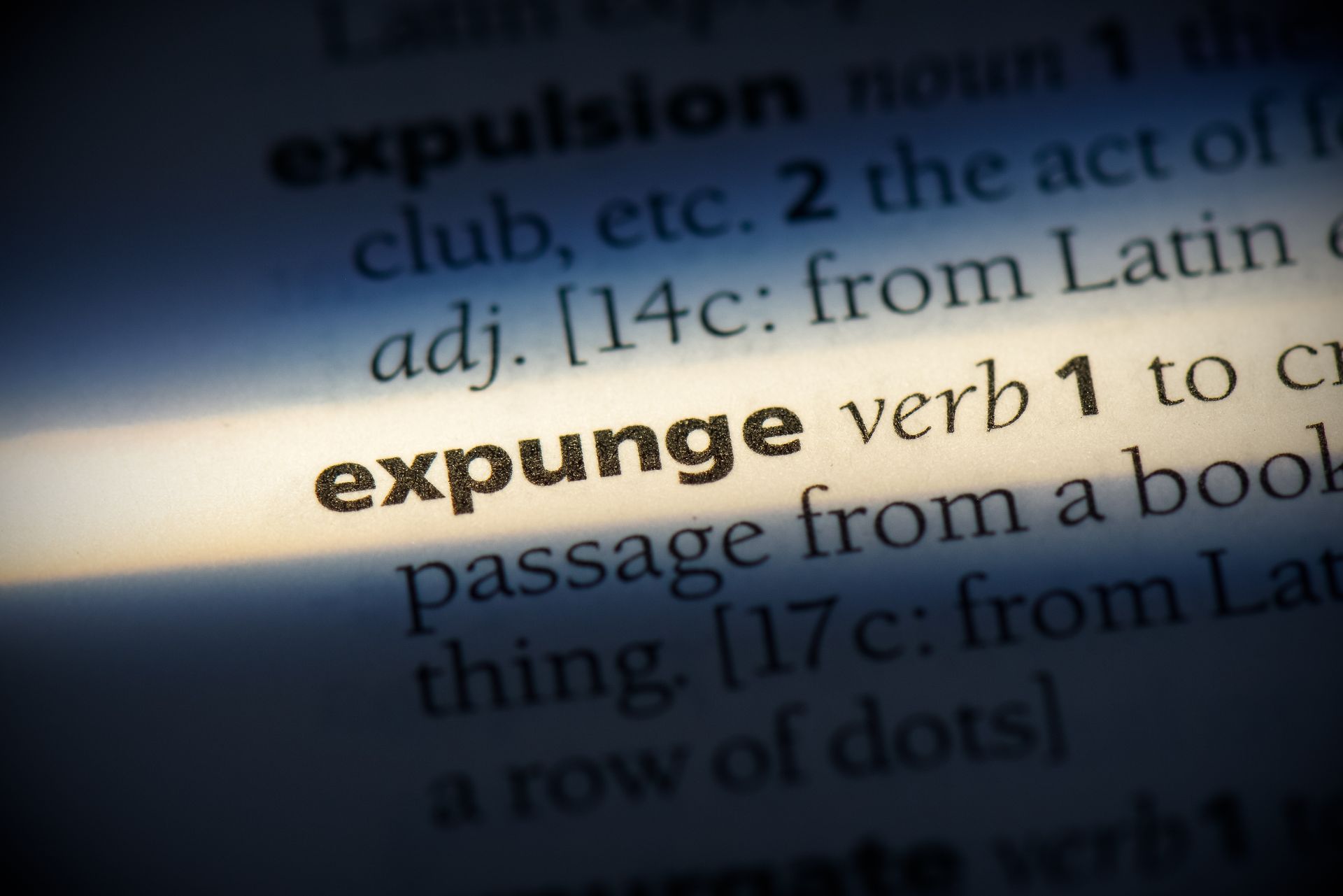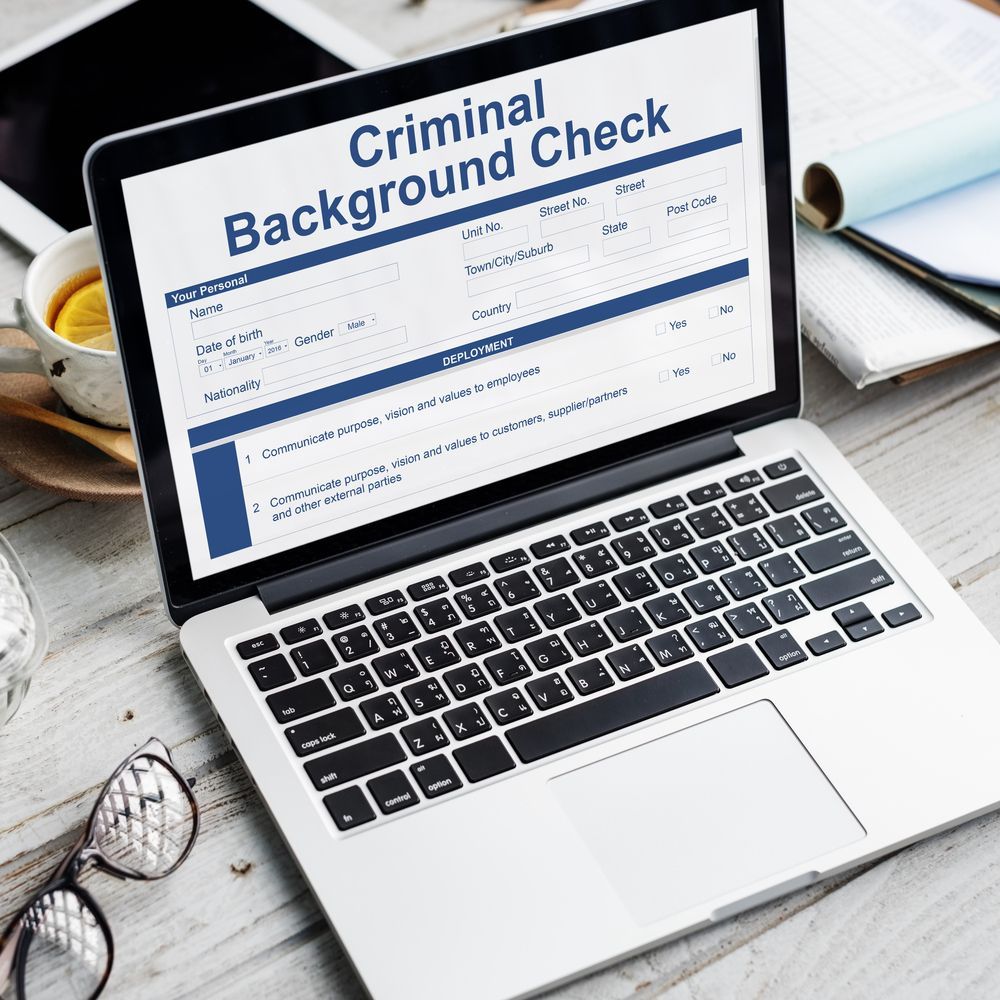Clean Slate Law: Automatic Expungement of Criminal Records
21 November 2023
Share this article:
Key Takeaways
- About one in three Americans has a criminal record, which creates problems not only for the individual but also for society at large. Many of these people have trouble finding gainful employment, increasing the strain on social services and the risk of recidivism.
- When a criminal record is expunged, it’s as though the crime never took place. After expungement, the individual can legally attest that they didn’t commit the offense.
- Most states allow offenders to apply for expungement of criminal records, but the process can be difficult and uncertain. Recently, several states have passed laws making expungement automatic for people who meet certain criteria.
- The rollout of expungement in various states has been uneven, sometimes making criminal record access difficult for CRAs, even for records that they’re allowed to retrieve.
What Are Clean Slate Laws?
Clean slate laws are state laws that automatically expunge or seal criminal records. In most cases, there's a waiting period, typically anywhere from two to 10 years. Expungement is typically carried out for misdemeanors and some low-level felonies. Often there are crimes that are explicitly excluded from expungement; these may include sexual offenses, domestic violence, and crimes committed with a firearm. Generally, an offender must have satisfied all the terms of the sentence, including the completion of a prison term and parole. They must have avoided additional criminal offenses in the interim.
Clean slate laws have been enacted not only for the benefit of the offender but also for the benefit of society as a whole. About one-third of Americans have some kind of criminal record in their past, and these previous transgressions follow them around, often making it difficult for them to gain the kind of employment that would make them productive members of the community. This can force these ex-offenders, many of whom are no longer a threat to society, to rely on state-funded programs and social services. Also, people who are gainfully employed and fully participating in society as citizens are less likely to once again run afoul of the law.
In most (but not all) states, ex-offenders may apply for expungement. However, it’s typically not a simple process. For starters, individuals may not even know they’re eligible to apply. Every state has slightly different rules, and they may not be widely publicized. In many cases, the actual application process is so complex that it’s hard to navigate without the help of an attorney. A lot of former offenders simply don’t have the time, the knowledge, and the money to initiate the process and see it through to completion. Furthermore, many individuals have been convicted of more than one crime arising from the same incident, and they might have to apply separately for each one. Failure to do so could result in the expungement of only some records while leaving others on the books.
Clean slate laws have been created to allow for automatic expungement of criminal records. In clean slate states, the individual who meets the criteria set out by the law does not have to take any action. Records will automatically be sealed or expunged when the appropriate amount of time has passed. This also ensures that all ex-offenders will be treated equally. There is no decision-making board to decide whether the person deserves expungement.
These laws are recent. The first one was passed by Pennsylvania in 2018. Automated computer systems are required to carry out these laws, so the laws specify some future date when everything is expected to be in place and automatic expungement will proceed. Several states have enacted clean slate laws where expungement has not yet gone into effect.
As might be expected with new systems and new processes, rollout has been uneven. There have been glitches where criminal records in certain counties have been inaccessible to the public and to CRAs, even when those records have not been sealed or expunged. There are likely to be more states passing clean state laws, and we can anticipate that some problems associated with their implementation will be with us for a few years.
Expunged vs Sealed
Expunged records truly give the individual a clean slate. Files are destroyed and records are removed from databases. In the eyes of the justice system, the offense never existed. The individual may accurately and legally state on an application or swear in court that the offense never took place.
A sealed record, on the other hand, is still in the system. The public can’t see it, and CRAs should not be able to access it. However, a sealed criminal record can be opened by the order of a court. Individual state laws determine when and how a sealed record can be reopened.
What States Have Clean Slate Laws?
According to The Clean Slate Initiative, an organization that advocates for the passage of clean slate legislation, by 2023, 12 states have enacted legislation that meets CSI’s definition of a clean slate law. Furthermore, there are at least 19 that have some type of automatic records clearing. Some of these expunge records of marijuana offenses and of criminal procedures that did not result in a conviction.
Laws vary from state to state, and each state determines which types of criminal records will be eligible for automatic expungement. Some states will erase only misdemeanors while others extend expungement to some low-level felonies. Waiting periods vary. In some states, any court-ordered restitution must be made before records will be cleared.
Expungement is a process that’s done at the state level. At this time, federal crimes cannot be expunged or sealed.

Pennsylvania
Pennsylvania was the first state to enact a clean slate law. An automated process searches records and seals them for individuals who committed eligible offenses and have not had any convictions in 10 years.
Colorado
In Colorado, the automatic sealing of records will commence in July of 2025. Records will be sealed after four years for civil infractions and seven years for petty misdemeanors. For all but the most serious felonies, records will be sealed after 10 years. Records that did not result in a conviction may be sealed immediately.
Connecticut began automatically erasing records on the first day of 2023. This took effect for most misdemeanor convictions and also for some less serious felonies. Expungements will take place either seven or 10 years after the most recent conviction.
Delaware
In Delaware, automatic expungement will begin in August of 2024. It will be effective for most misdemeanors and some less serious felonies. Records will also be expunged when the case was “terminated in favor of the accused,” which includes acquittals, dismissal of charges, and arrests where charges were not filed within a year. Expungement will take place upon termination of the case or completion of the sentence.
Michigan
Michigan begins sealing records in 2023. Individuals who have not committed more than four serious misdemeanors (or any number of minor misdemeanors) are eligible seven years after the sentence was passed. Non-assault felonies are also eligible, provided the person has committed not more than two such crimes. These felonies will be expunged 10 years after the sentence has been completed.
Oklahoma
Oklahoma will begin automatic expungement in 2025, but only for misdemeanors and records that did not result in a conviction. Felonies will not be eligible for expungement, even if the person has been pardoned.
Utah
Utah began expungement in 2022. The slate will be wiped clean after seven years for Class A drug possession, six years for Class B misdemeanors, and five years for Class C misdemeanors and minor regulatory offenses.
New Jersey
A New Jersey law, enacted in 2019, directs the state to develop and implement a clean slate process. There is no deadline, but a temporary system has been built in the interim. In 2021, the law was amended to automatically seal records for some marijuana offenses.
Virginia
In 2021, Virginia created a process for automatically clearing dismissed cases and some misdemeanors. The state also established petition-based sealing for other misdemeanors and some felonies.
California
California, in 2022, enacted a law to expand automatic as well as petition-based sealing of criminal records. Also, arrests that did not result in a conviction will be sealed.
Minnesota
In 2023, Minnesota enacted a law that will provide manual expungement for many non-violent crimes immediately and automated expungement in 2025. Individuals will be eligible two years after sentencing for misdemeanors. For gross misdemeanors and eligible felonies, waiting periods are three and five years.
In New York, the state senate has passed a clean slate act that will provide for the automatic sealing of convictions for some offenses where the individuals have completed their sentences and met eligibility requirements.
Even in states that do not have expungement laws, there may be a procedure for setting aside or vacating the sentence. In these cases, the conviction still stands as part of the person’s record, but the set aside indicates that the sentence has been fulfilled and that there is evidence of rehabilitation. In Arizona, individuals who have had convictions set aside can obtain a Certificate of Second Chance.
How Clean Slate Laws Impact Background Checks

Clean slate laws are at most a few years old, and, in many states, the automated expungement processes have not yet been put into place. Developing and deploying computer systems can be difficult and subject to delay, so we can expect some unevenness in the rollout of clean slate laws. There are likely to be delays where automatic expungement does not begin as soon as the law has mandated that it will.
For example, in Michigan in 2023, problems with clean slate implementation temporarily blocked access to the records. In several county courts, there wasn’t any public access to criminal records at all. In some states that have passed clean slate laws, automated expungement isn’t scheduled to start until 2025.
At least a few more states will likely get on the clean slate bandwagon, and we’ll see expungement automation ramping up well toward the end of the decade.
There are likely to be scenarios in which CRAs will retrieve criminal records that they should not see and are unable to access records that they should be allowed to see. To see everything they need to see while remaining compliant, they will need to be aware of the laws throughout the country and also of problems that arise in a clean slate rollout.
Both CRAs and employers need to be aware not only of expungement laws but also of fair chance laws. These are the regulations that govern when in the hiring process a criminal background check may be ordered and what may be done with the results. These vary by state, and states are getting more restrictive about what employers may do. For example, in many states, employers may not ask about criminal background in an initial application and may not order a search until they have made a conditional offer of employment. Even if they do find a criminal record, they may not be allowed to use it in a hiring decision unless the offense directly relates to the job in question.
Clean slate laws add a new layer of potential complexity and require even more caution on the part of CRAs and employers. As criminal records become harder to retrieve and restrictions increase about how they may be used, employers will focus more on a candidate’s qualifications and less on their background. Given the shortage of skilled employees and the fact that ex-offenders are often as good or better than other hires, that can be a positive thing.
Bottom Line
Clean slate laws, enacted by several states, expunge criminal offenses for some individuals who have committed misdemeanors and less serious felonies. The move toward clean slate laws will reduce the number of criminal records visible to CRAs and employers. This is part of a continuing effort to give offenders a fresh start and make it easier for them to secure gainful employment.
The rollout of clean slate laws is likely to be uneven and give employers and CRAs a more difficult environment to navigate. To ensure the
most effective searches while mitigating the risk of legal liability, CRAs will do well to partner with a trusted screening wholesaler such as Eagle Eye Screening Solutions.
Connect with Us:




